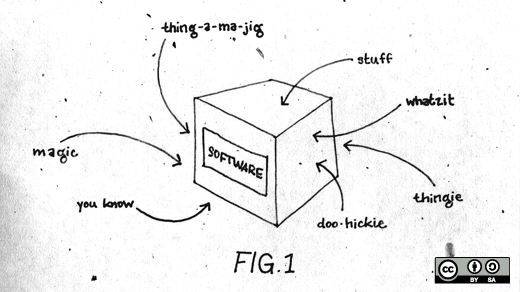On May 26, 2016, the jury in the well-publicized Oracle v. Google trial returned a unanimous verdict in favor of Google, essentially concluding that the copyright fair use doctrine allowed Google to use Java SE APIs in its implementation of Android.
This is a positive result for the software industry and the developer community because APIs allow software modules to communicate with each other, and the ability to freely use APIs to enable such communication fosters collaboration and innovation. But we must be cautious and not read this result too broadly.
The result of this recent district court trial and the case history as a whole is highly fact specific and complex. It has been reported that Dorian Daley, general counsel for Oracle, has already stated that the company will appeal.
In the 2012 trial, the jury concluded that Google's use of the Java SE APIs infringed Oracle's copyright but the judge overturned the jury verdict, holding these APIs were not copyrightable (either individual method declarations or their "structure, sequence and organization" as a whole). Oracle appealed and the court of appeals reversed the trial court's decision on May 9, 2014. In particular, the court of appeals held that the "declaring code and the structure, sequence, and organization of the 37 Java API packages are entitled to copyright protection." Google sought review in the U.S. Supreme Court but the Supreme Court declined to hear the case. This sent the case back to the trial court to consider whether Google's use of the APIs was "fair use" and, if it was not, to determine damages. The court, on May 26, 2016, concluded that Google's use was fair use.
A finding of fair use, as a defense to copyright infringement, requires a highly fact specific determination. The jury in the Google case was asked a very specific and narrow question relating only to Google's conduct. It is important to note that the court of appeals decision was not reversed or negated as a result of Google's successful fair use defense in this case. It remains unclear how broadly the court of appeals decision will be construed to cover APIs in other contexts or even how the court of appeals decision may be interpreted or whether it will be followed by other federal courts. We will have to wait and see how this area of the law develops.







1 Comment